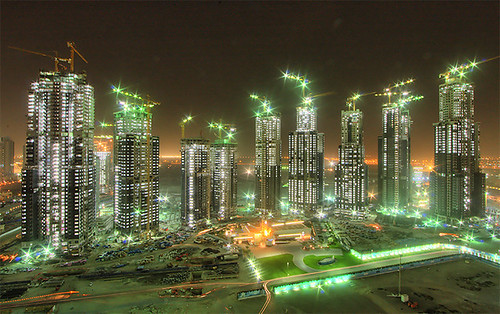
A transformation in energy policy will reshape the middle east's profile as a region defined by oil, says James Howarth.
7 - 02 - 2008
The middle east's ownership of two-thirds of the world's proven oil reserves means that its status as the world's leading energy supplier is hardly in doubt. Buta paradigm shift in how it fulfils this role may be around the corner. Don't be surprised if the region pioneers the switch from oil and gas to renewable energies.
From the outside, the middle east is often seen as an undifferentiated collection of greedy, unrepresentative governments conspiring to exploit powerless consumers with their lucrative energy reserves. The stereotype has had another boost in January 2008, when oil finally hit the symbolic $100-per-barrel mark. Even if the price has retreated since then, the strong and rising demand (particularly across Asia) means that the region's energy leverage is only going to get stronger.
Whatever the reasons for oil-price inflation - demand outpacing supply, refining capacity shortages, speculative investors and concerns over Gulf security being just some - the arrival of three-figure oil in 2008 may prove a watershed not only for global consumption but also for the middle east's role in solving humanity's addiction to fossil-fuels. More >>>
